Posts related to Africa
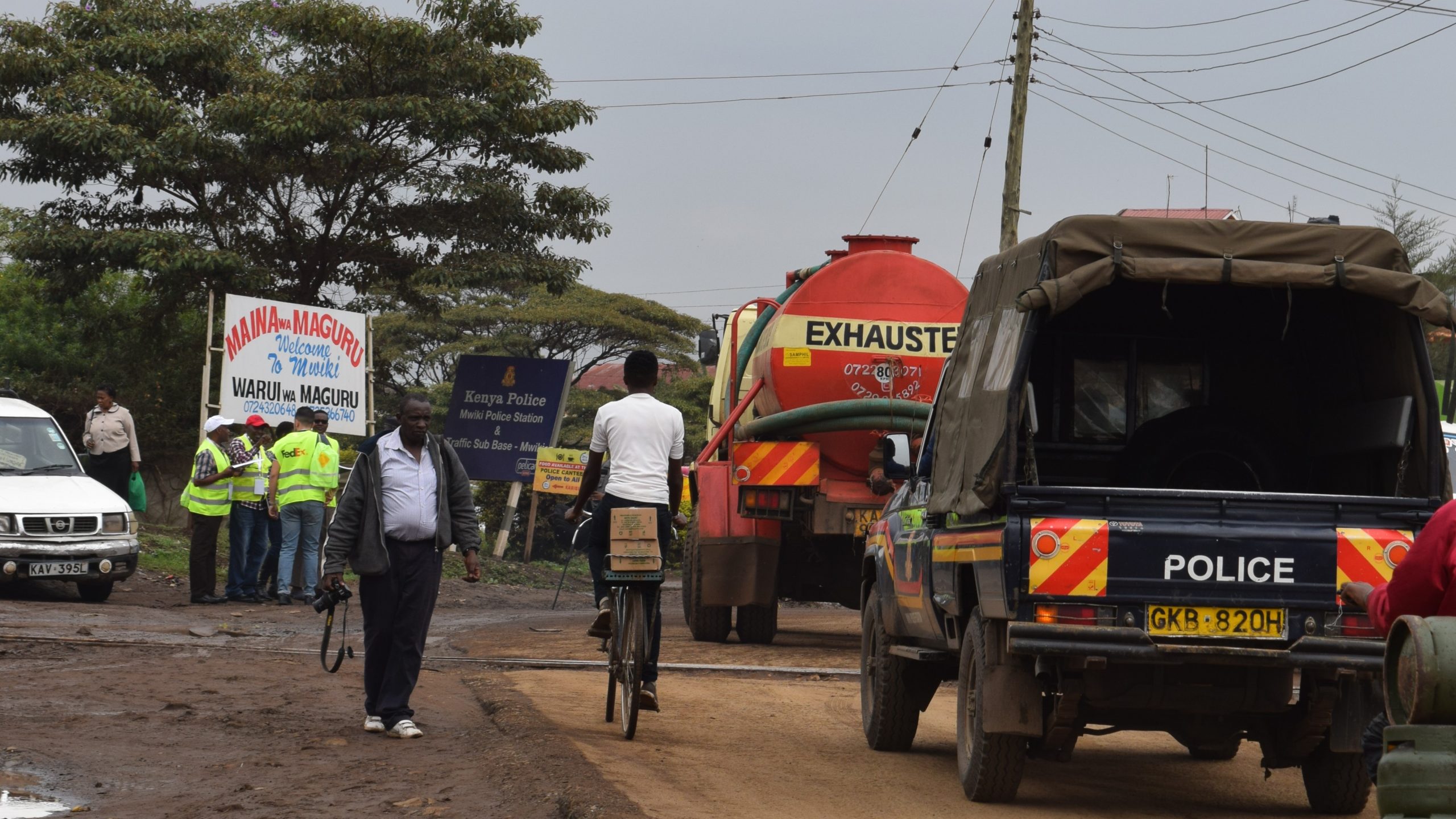
Today, the Global Alliance of NGOs for Road Safety (the Alliance) and the International Road Federation (IRF), with the support of the TotalEnergies Foundation program, are pleased to release the LEARN Guide, a new resource of information and support to empower road safety advocates globally. The LEARN (Learn, Examine, Act, Replicate, Network) program has already […]

In this article, we look at why the Charter is so significant and how NGOs can use it for advocacy and accountability so that it can become enforceable across Africa. The African Road Safety Charter was adopted in 2016 by African Union (AU) Member States to provide a framework for road safety policy implementation and […]
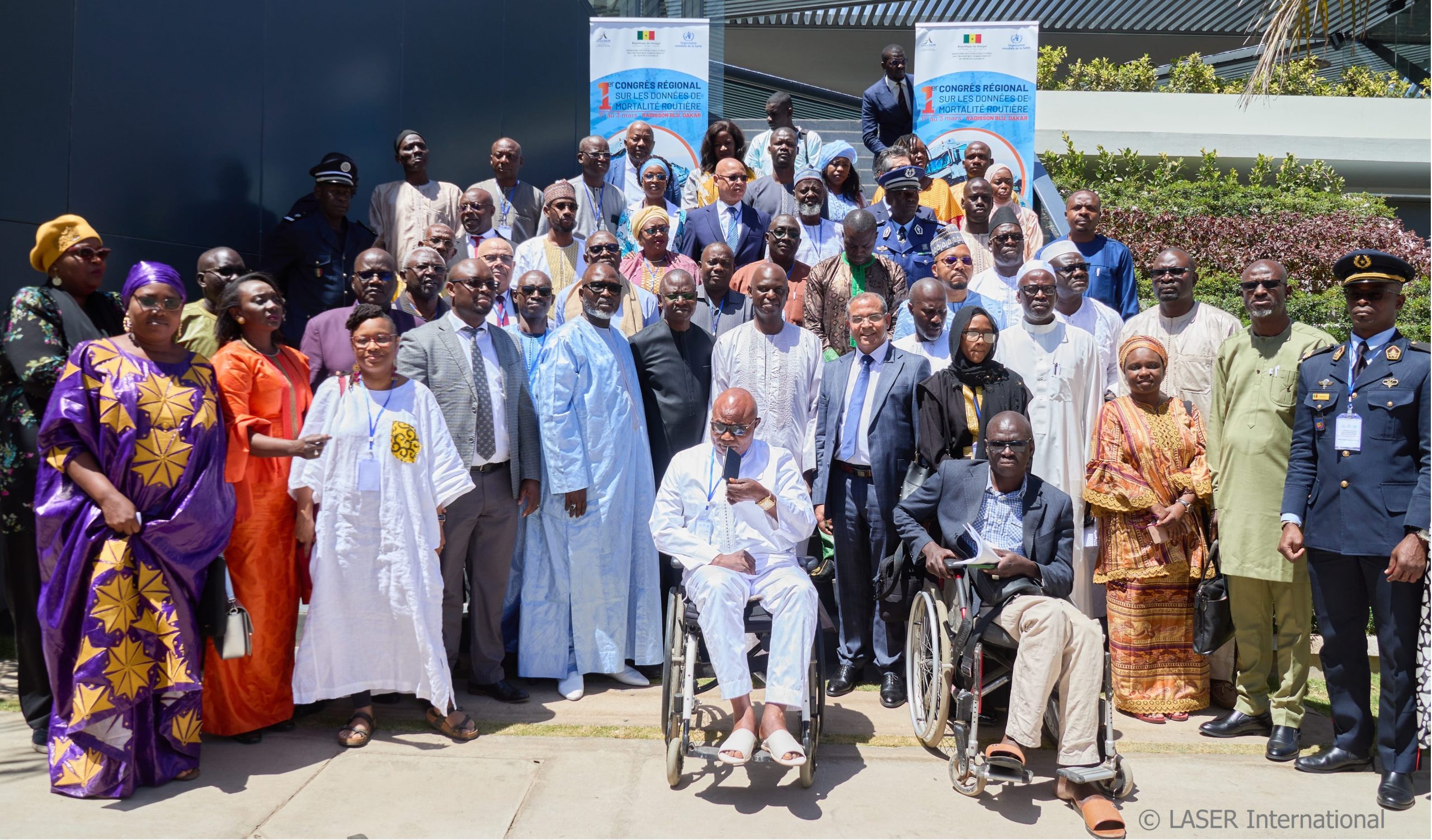
In June 2023, Senegal became the twelfth country to ratify the African Road Safety Charter, meaning that only three more ratifications are needed to make it legally binding and enforceable across Africa. The African Road Safety Charter, an initiative of the African Union (AU), aims to promote road safety and reduce road traffic injuries and […]
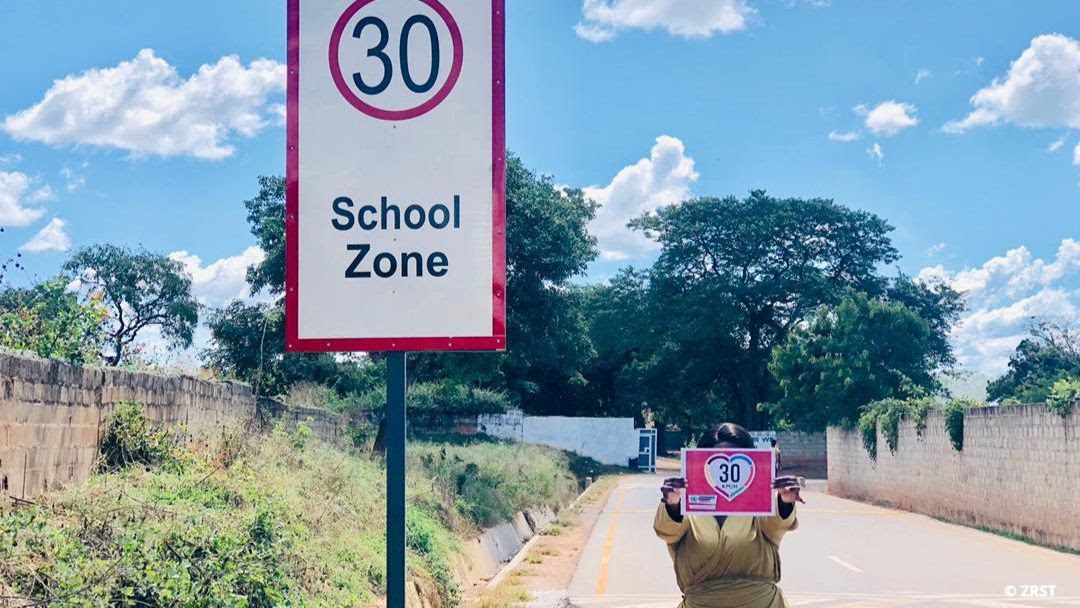
The Alliance is part of the TRANS-SAFE consortium, an EU-funded project bringing together different partners, including city authorities and road safety agencies, NGOs, academics, student volunteers, and private sector experts from Europe and Africa. Several Africa Chapter member NGOs are also members of the consortium. The project will promote radical transformation to improve road safety […]
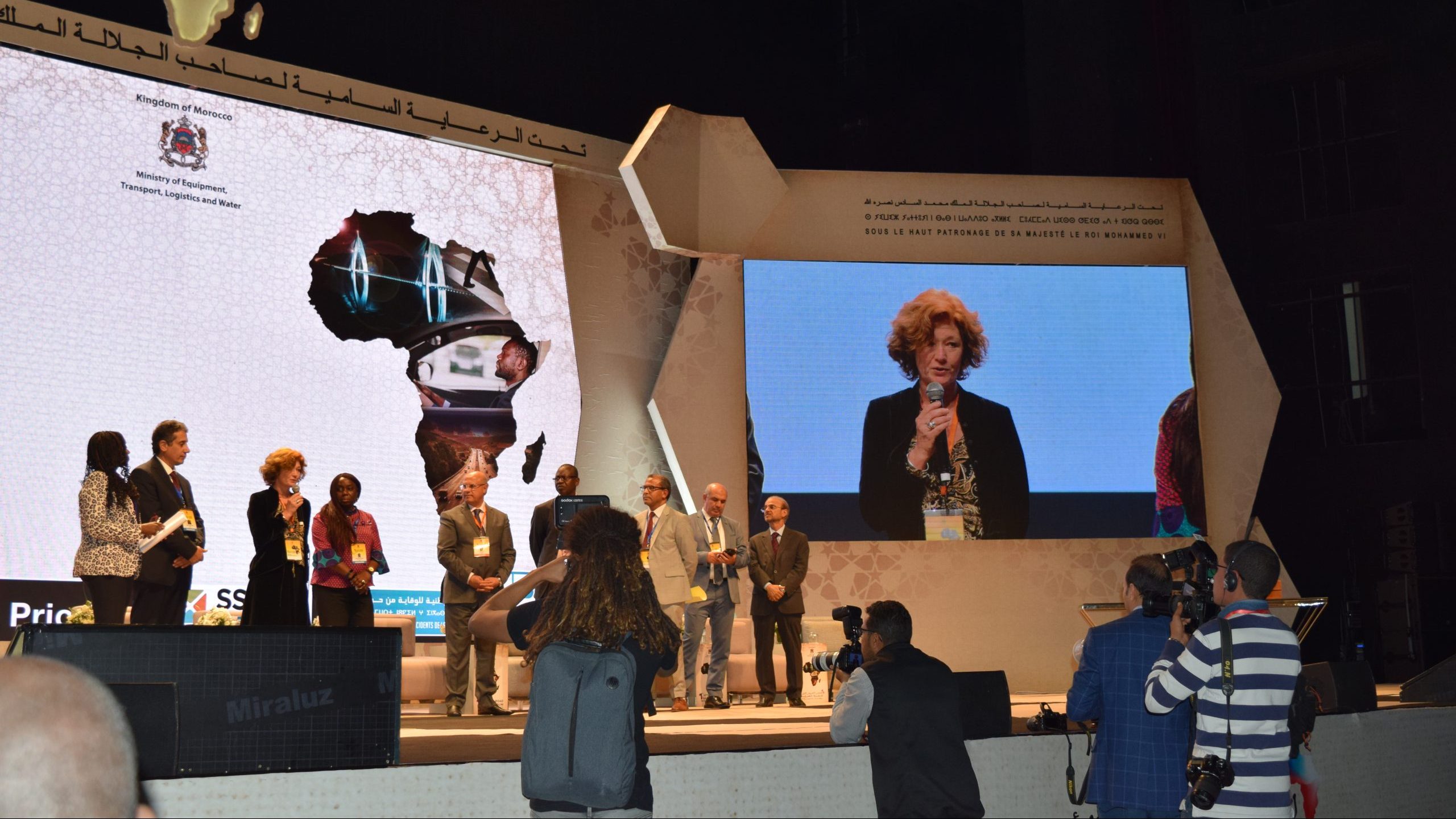
The Alliance’s Africa Chapter was launched in 2018 to unite road safety NGOs in Africa more closely, harness their joint experience, build their capacity and amplify their advocacy voices with their governments. It now has 95 members in 32 countries across the continent. The Chapter provides collaboration opportunities, gives NGOs access to parliamentarians and global and regional partners, provides tools and programs […]
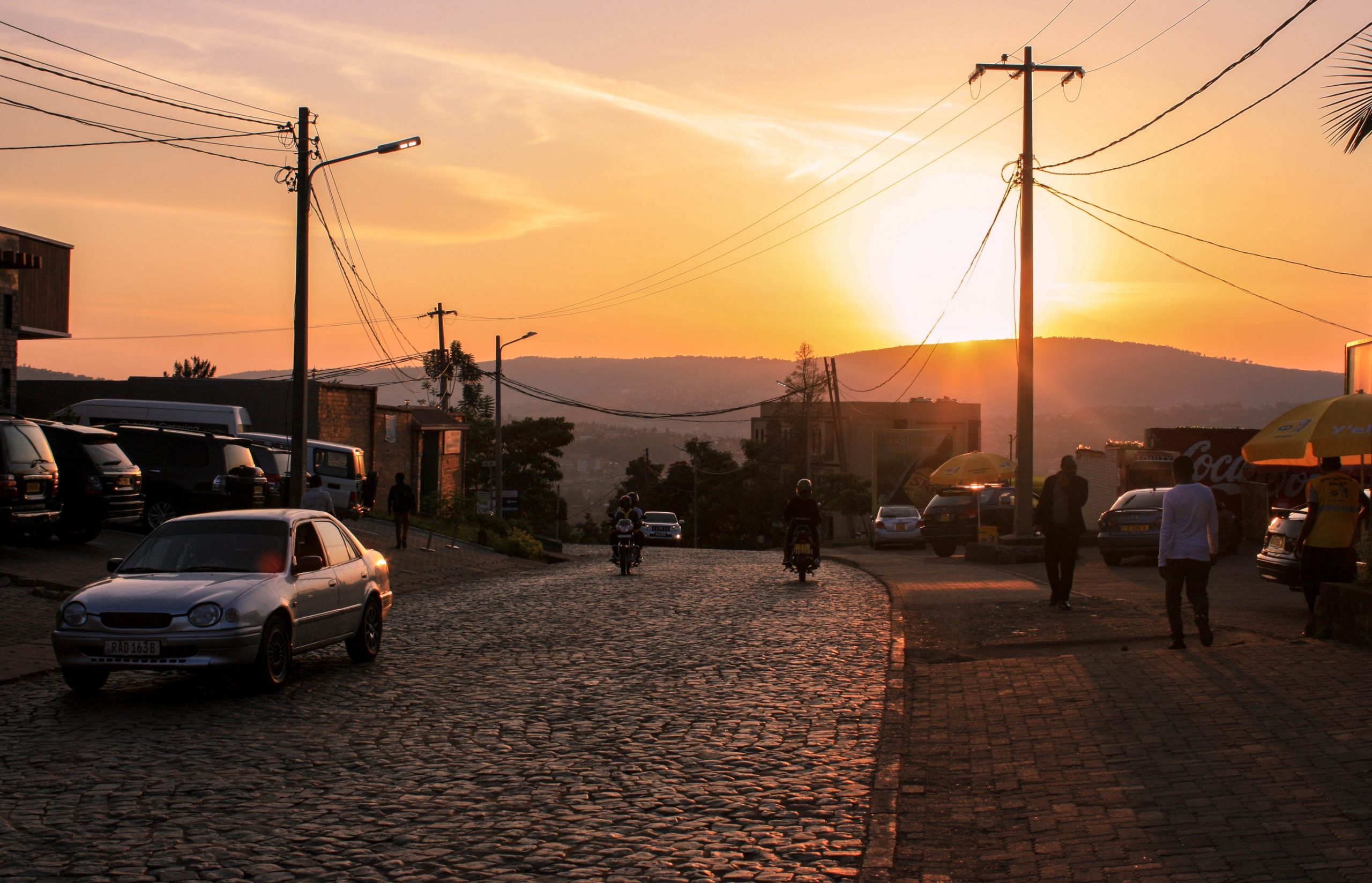
In African cities, walking is the primary mode of transport for the majority, with up to 78% of people walking every day to access work, education, health care, markets, and public transport. Until recently, walking, almost everywhere on the continent, received relatively minor policy attention and resource allocation. Walking infrastructure was lacking: most roads had […]
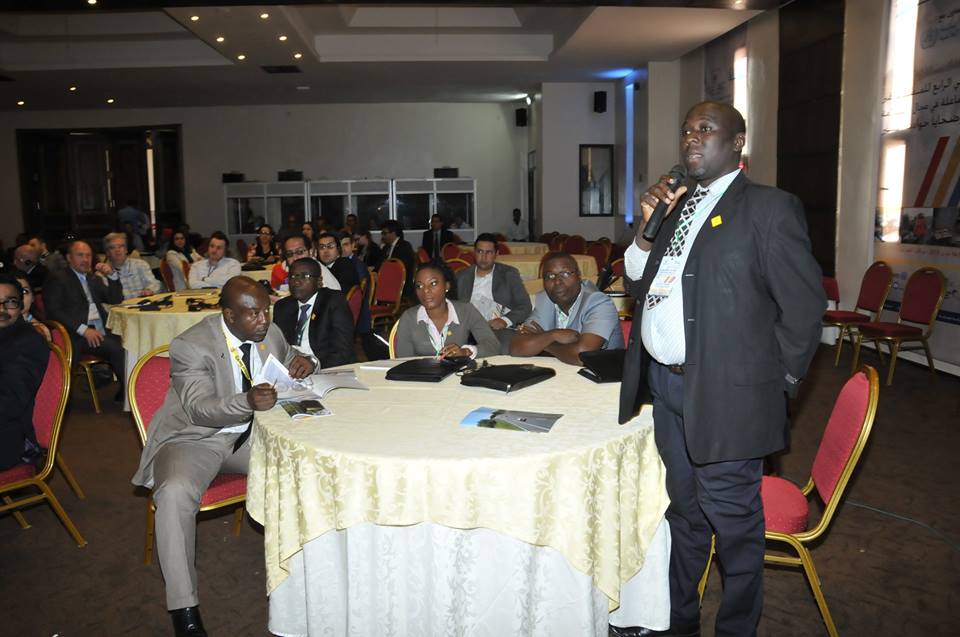
The Africa Chapter is organizing a dialogue between the Chapter’s NGOs and parliamentarians. The primary objective of this dialogue is to further the discussion on the road safety agenda. It aims to build upon the achievements made so far and explore strategies to enhance the collaboration between road safety NGOs and legislators in Africa. The […]
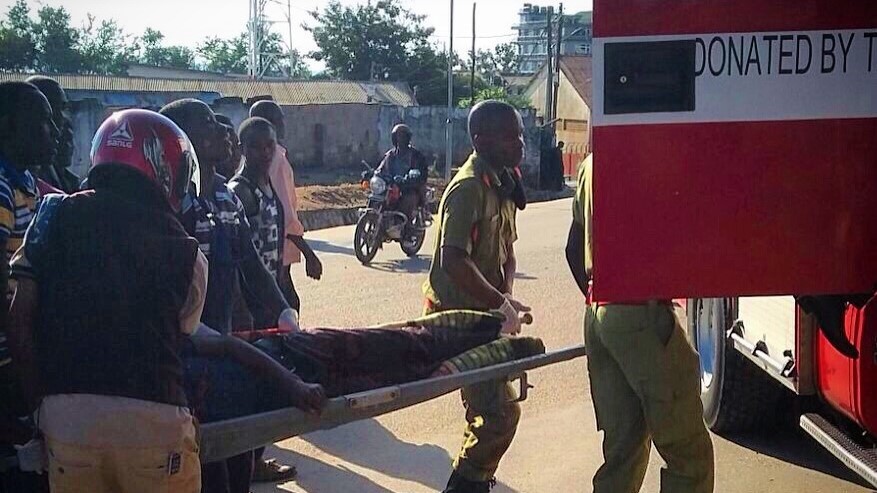
“Doing nothing to improve pre-hospital emergency response is more expensive for countries than making even the most basic access to pre-hospital care available, whether it is provided by professionals or trained laypeople,” says Jason Friesen, Executive Director, Trek Medics, an Alliance member NGO working on low-cost emergency care interventions in 15 low- and middle- income […]
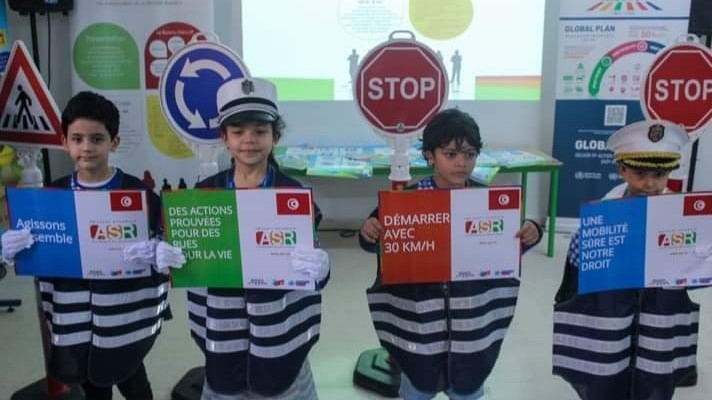
In February 2023, in Tunisia, decree 151/2000 has been approved for 30 km/h zones around schools across the country. The decree was approved during a meeting of the Council of Ministers, presided over by Prime Minister Naglaa Boudin Ramadan. The new decree is an advocacy success for Alliance member Les Ambassadeurs de la Sécurité Routière […]

Zambia passed a new national law in 2019 that reduced speed limits on urban roads to 30km/h. Since then, Zambia Road Safety Trust (ZRST) has been collaborating with the government to implement the law in school zones, working school by school. ZRST’s efforts have been assisted by the LEARN project, a joint initiative from the […]
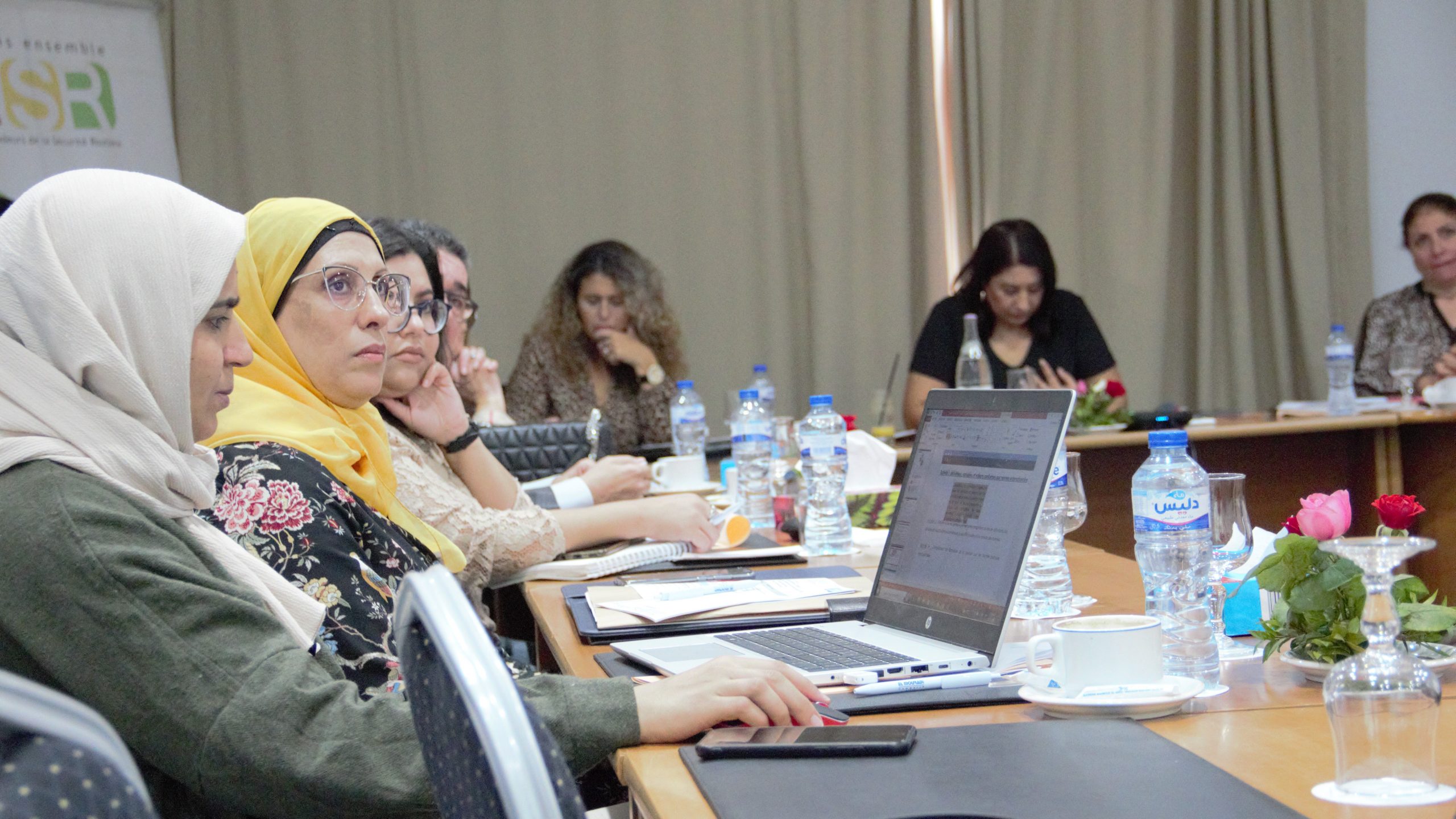
LEARN is a joint initiative between IRF and the Alliance, which brings together national government officials, police, road safety NGOs, private sector, and academia to learn how to gather and analyze road safety data more effectively and to use that data to implement effective interventions that will reduce road deaths and injuries. Through the project, […]
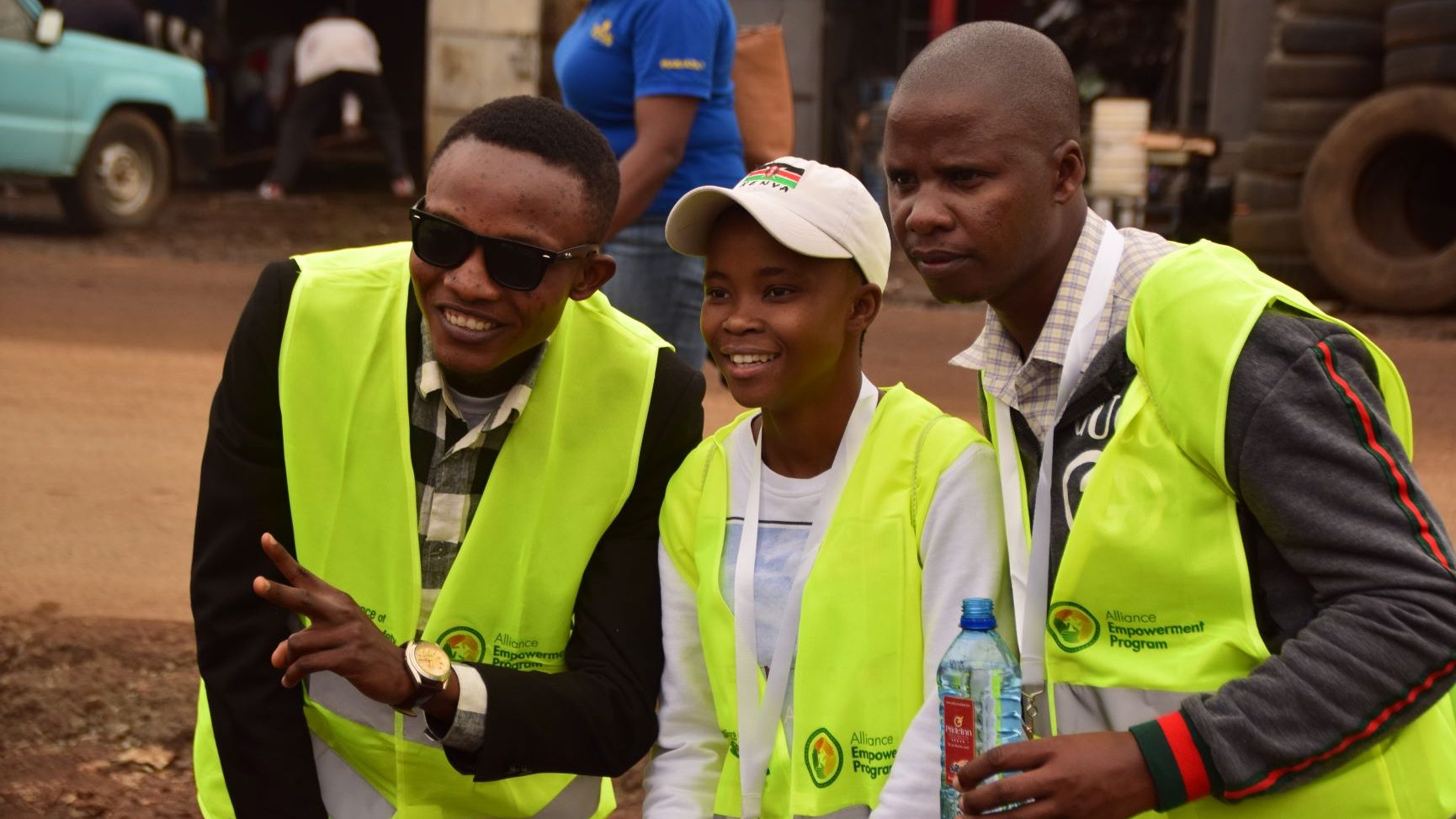
A new minisite for the Africa Chapter has been launched on the Alliance website. The site includes Africa-specific news and information about the Chapter, members, and plans. The new site enables the Chapter to build its unique identity and be a home for tailored information for road safety NGOs in Africa. Find the site HERE […]
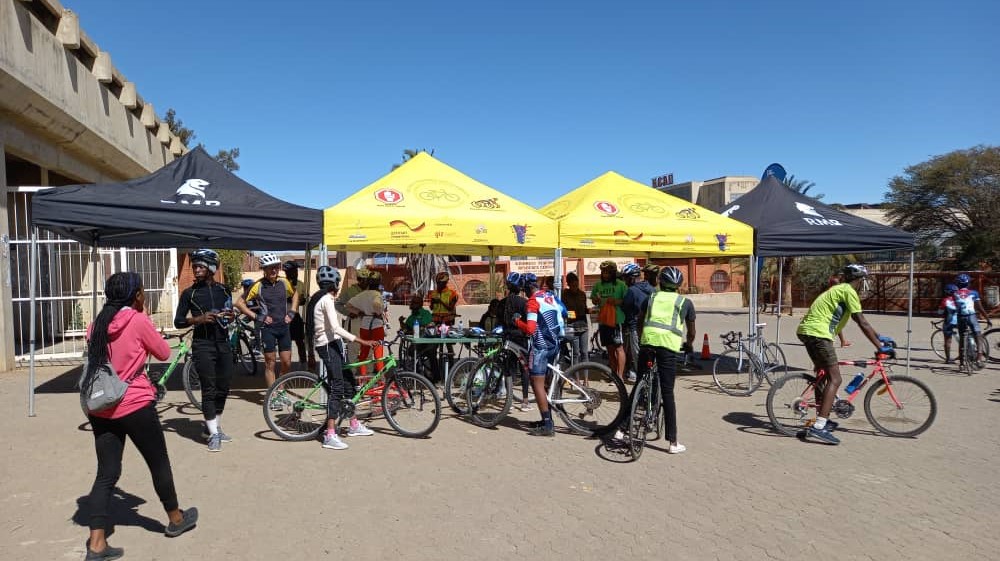
70% of people in Namibia do not own a car. However, the public transport network is limited and the majority of people rely on taxis to travel around. It is estimated that 34% of income is spent on transport. In the past, walking and cycling have not been prioritized. “Our road system has been built […]
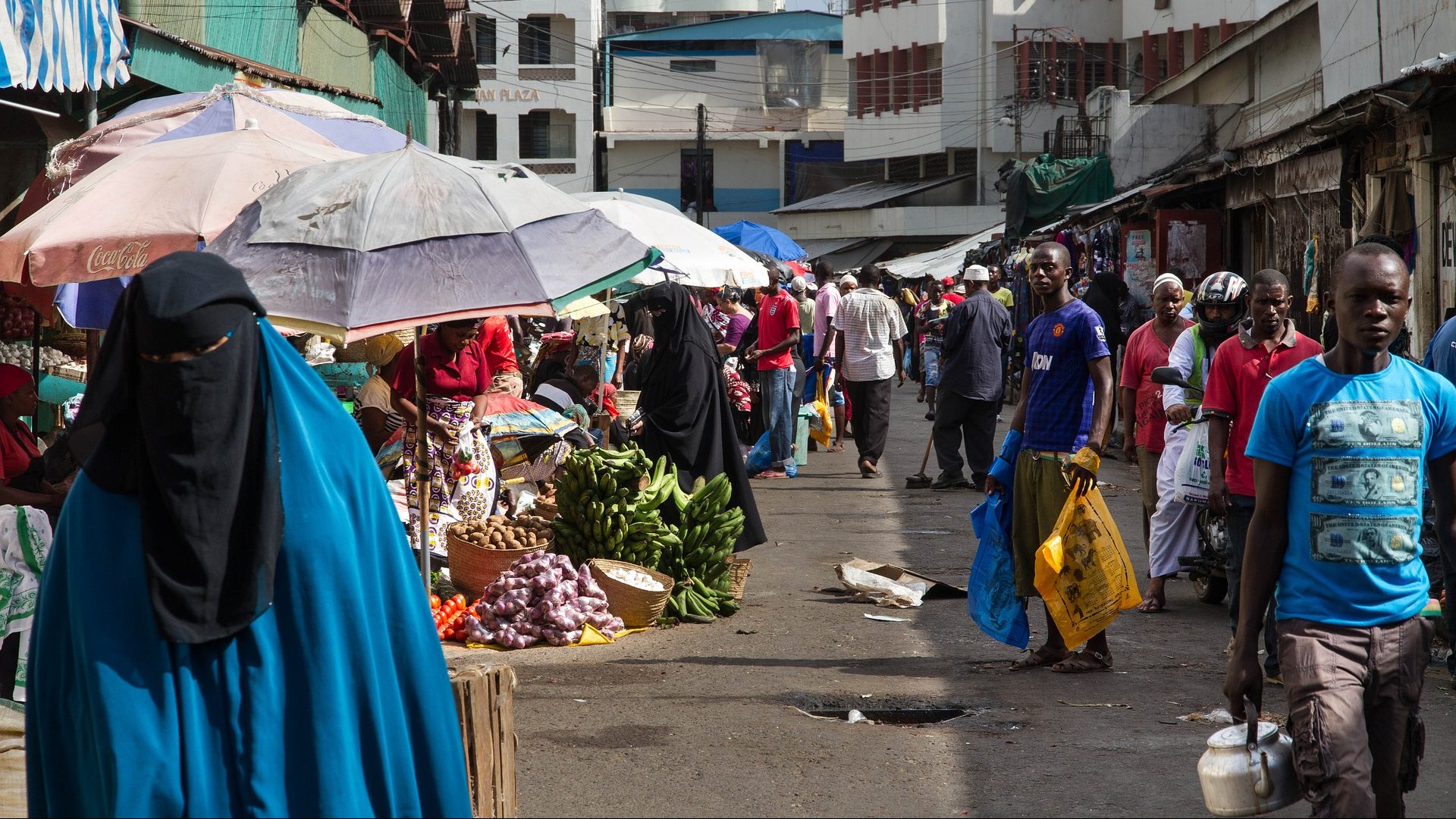
Up to a billion people in Africa walk and cycle for 56 minutes every day. More people walk than any other form of transport on the continent. However, only 5% of roads in Africa provide an acceptable standard (three-star or better using the iRAP system) for pedestrians and 7% for cyclists, and approximately 261 pedestrians […]
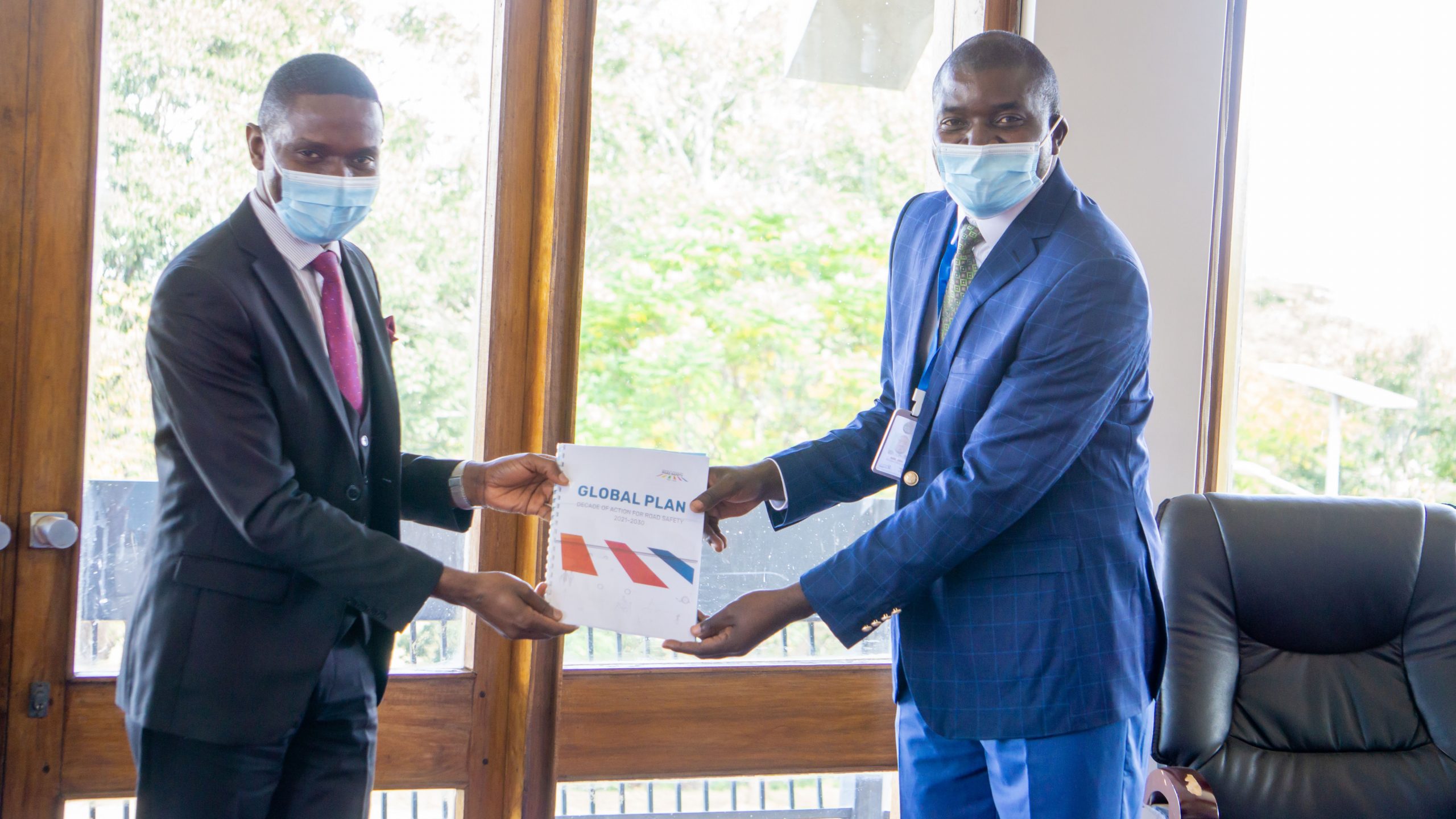
Updated: 15 February 2023 Organized under the theme: The 2030 horizon for road safety: securing a decade of action and delivery, the High-level Meeting (HLM) on Improving Global Road Safety will be held 30 June and 1 July 2022 in New York. Heads of State, Ministers, and countries’ permanent missions will meet with the purpose […]
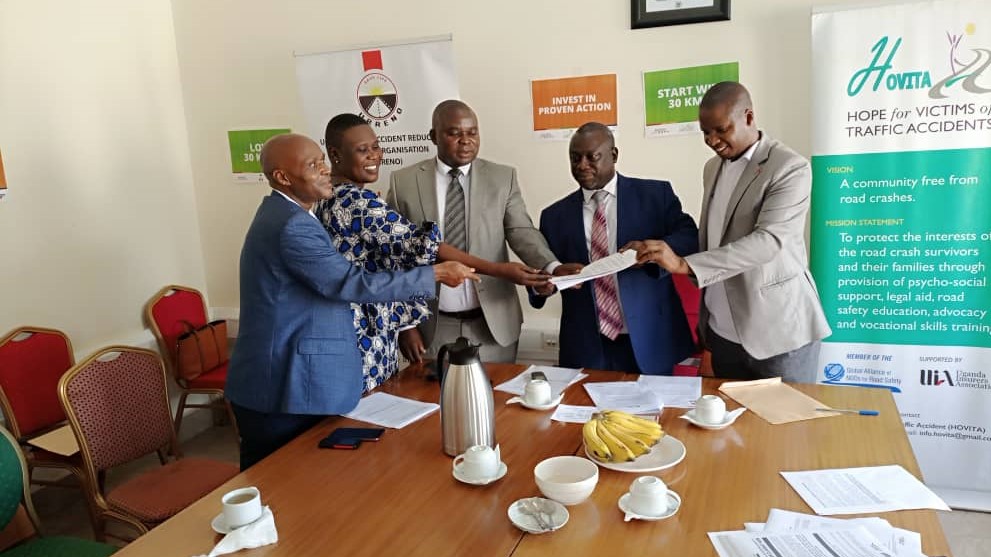
In Uganda, HOVITA and URRENO renewed their call for 30 km/h limits around schools. The two NGOs have jointly advocated for this measure for the past 18 months, through the Alliance Incubator Program and the UN Global Road Safety Week in May 2021. Last year they received a commitment from the Ministry of Transport to […]
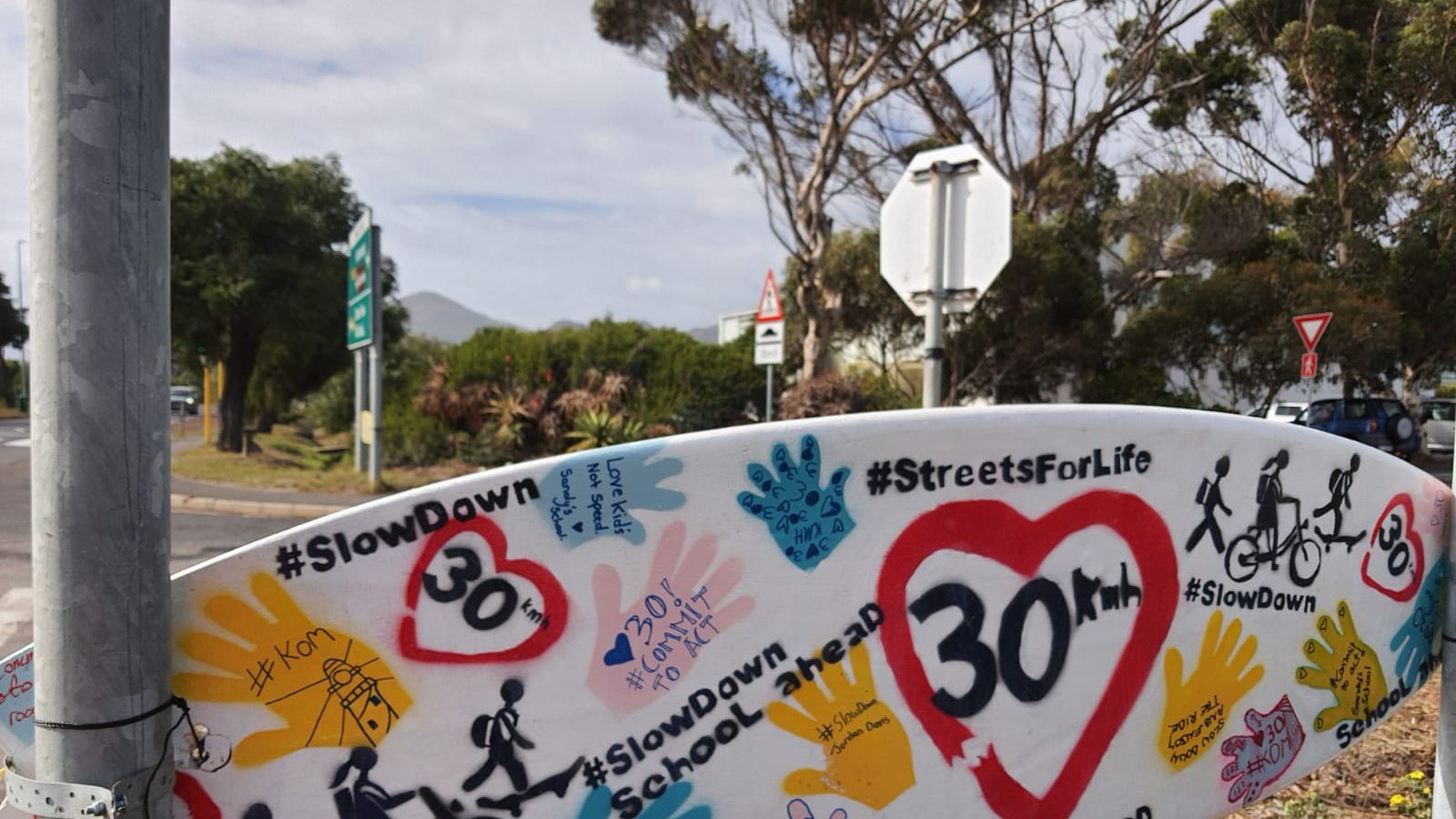
During the UN Global Road Safety Week in 2021, South Africans Against Drunk Driving (SADD) received a commitment from the municipality of Cape Town, for 30 km/h limits around eight schools in Zonnebloem, during pick up and drop off times. A year on, the NGO is using the implementation of that commitment to build momentum […]
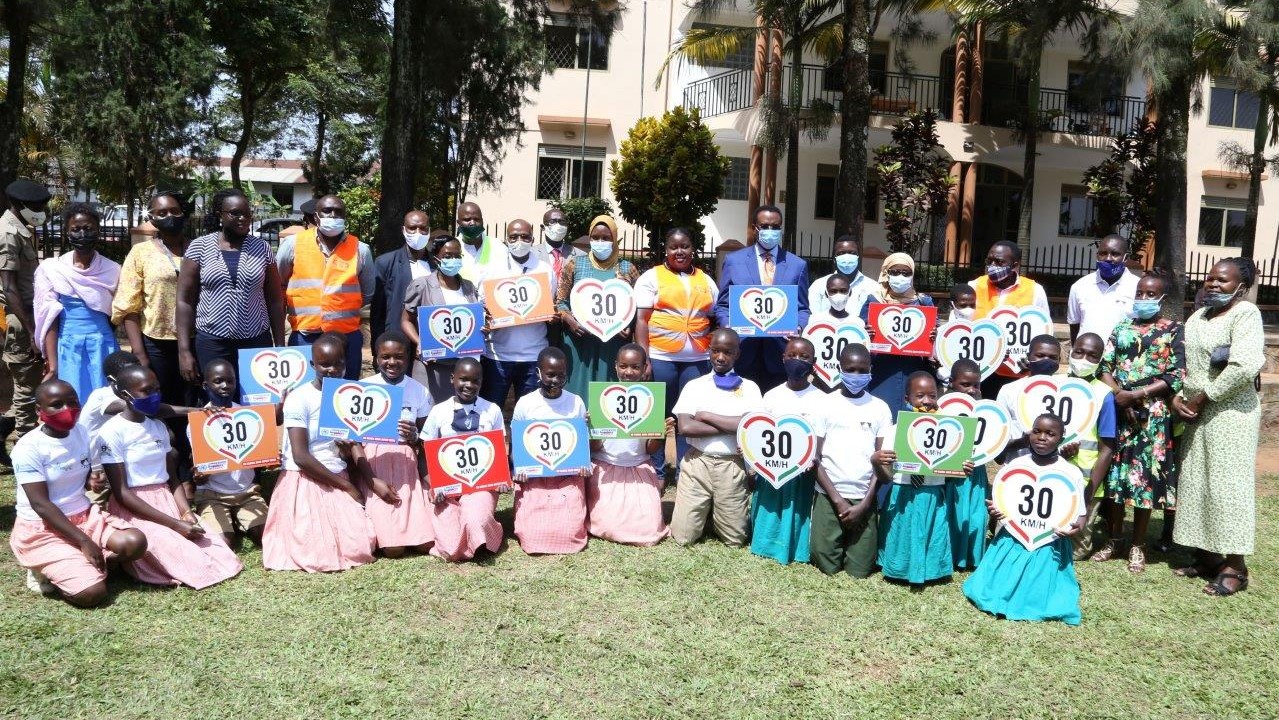
According to the Uganda police force’s Annual Crime Report, over 12,000 road traffic crashes occurred in 2019, of which 3,400 were fatal, leading to over 14,000 deaths. Pedestrians, including school children, are among the most affected. In 2021, two Alliance member NGOs, the Uganda Road Accident Reduction Network Organization (URRENO) and Hope for Victims of […]
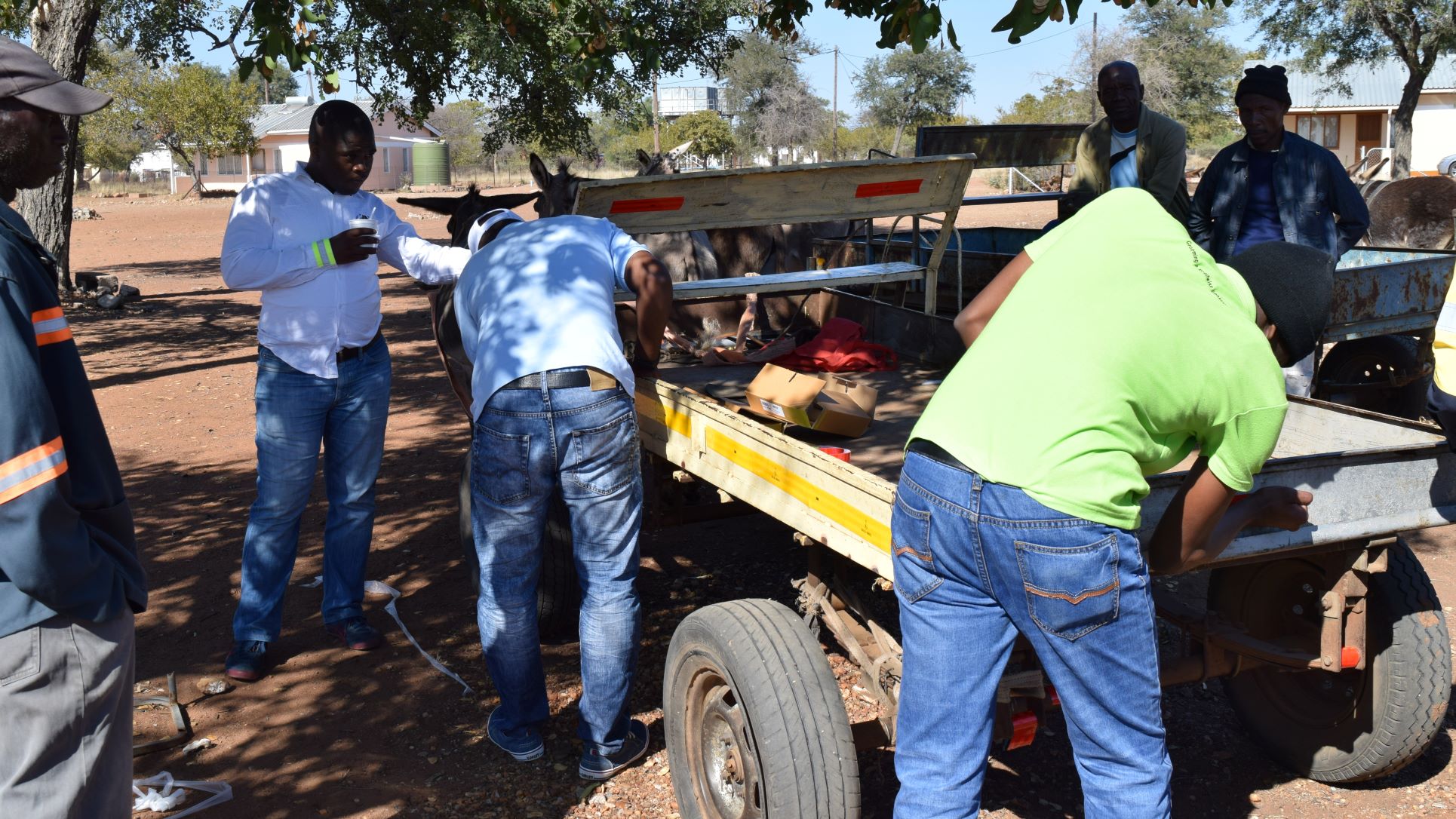
One of the recommended actions in the Global Plan is a shift to toward walking, cycling and public transport, noting that by 2030 “urban mobility will exceed the capacity of systems that rely largely on private vehicles such as cars and motorcycles.” It endorses policies that lower speeds and prioritize the needs of pedestrians, cyclists, and public transport […]
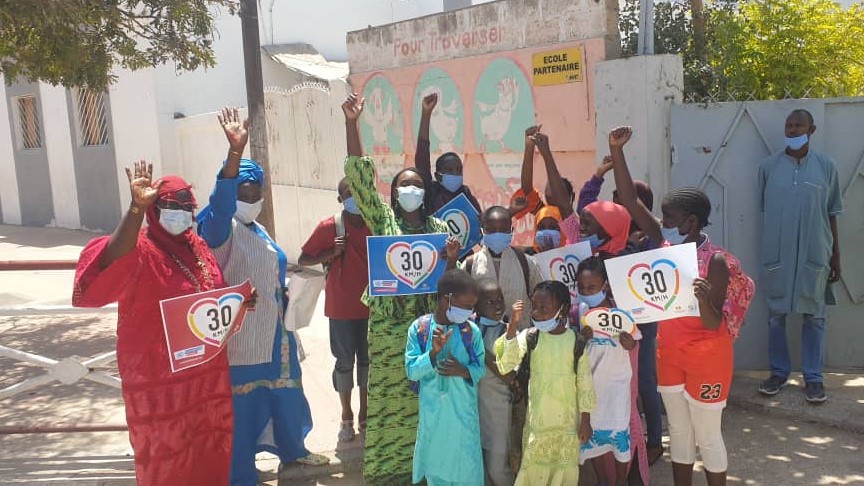
Updated 27 April 2022 In Senegal, a long-awaited law mandating 30 km/h limits around all schools in the country has been approved. Alliance member LASER International has been instrumental in advising the Ministry for Infrastructure and Transport on the drafting of the new law. LASER International has been advocating for school zone safety for 30 […]